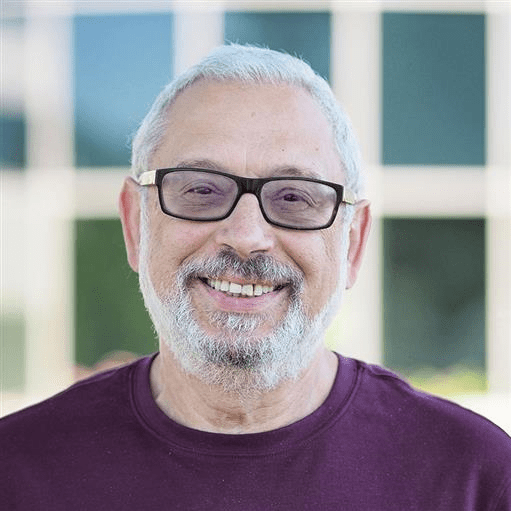In Memoriam- Eugene Litvinov (1950-2020)

Dr. Eugene Litvinov, the chief technologist for ISO New England Inc., lived life to the fullest, and his legacy will continue through his pioneering work in the electricity industry and the relationships he had with colleagues, peers, and friends. First and foremost, Eugene was a loving husband, father, grandfather and brother, and will be dearly missed by his wife, Yelena; daughters Anna and Alexandra; two grandchildren, Jenna and Daniel; and his brother, Viktor.
Eugene was born in Kiev, Ukraine and received his Ph.D. from Urals Polytechnic Institute in computer-based power system control in 1987. Prior to moving to the United States, he worked for two decades at Kiev’s Power Systems & Network Research Design Institute as a senior researcher and engineer. In 1991 at the age of 41, Eugene emigrated with his family as a refugee from the Soviet Union. He later became a U.S. citizen and volunteered to help other refugees establish fruitful lives in western Massachusetts through the Jewish Family Services organization. Shortly after emigrating, Eugene joined the New England Power Pool, the predecessor of ISO New England, as a senior engineer.
In a career spanning 28 years in New England, Eugene led the technical effort at the ISO to enable the regional policy goal of restructuring the wholesale electric system. He was a visionary for the ISO, and the industry at large, transforming theoretical auction concepts and high-level regulatory tariffs into successful online market platforms for wholesale electricity. Eugene’s unique blend of skills in power system control, optimization and software design, as well as his technical leadership, enabled the New England region to implement ‘best-in-class’ wholesale market design and power system control algorithms, thereby improving the efficiency and reliability of the region’s power system that serves 14.5 million people.
Eugene collaborated extensively with industry and the academic community around the world to seek optimal solutions to real-world power system problems. His optimization mathematics and designs have been recognized and adopted by other independent system operators, vendors that support wholesale power systems and markets, and the Federal Energy Regulatory Commission (FERC), effectively advancing the level of efficient market structures across the industry. His contributions were fundamental in ensuring a progressive and stable wholesale market, which has attracted more than $16 billion of investment in new generating resources into New England and $20 billion in transmission and distributed resources.
Just some of his remarkable accomplishments included:
- The industry’s first nodal energy market that included losses and congestion
- The first co-optimized reserve markets in the real-time market, with operating reserve demand curves
- Best practice enhancements to enable fast-start resources to set energy prices, as recognized by FERC
- State-of-art design of nested, locational, convex, capacity market demand curves that recognize the marginal reliability contribution of resources in adjacent capacity zones
- A pioneering optimization approach in unit commitment and economic dispatch
- New algorithms and applications designed for Phasor Measurement Unit (PMU) technology, including developing oscillation source location using a dissipating energy flow method and on-line voltage stability analysis
- The use of cloud computing for power system control and planning applications in the ISO environment
- A new regional market settlement system, one of the most successful settlement architectures in the industry, with the first implementation of semi-weekly and five minute settlements
- The creation of a mathematical framework to optimize the power flow between two regional systems, New England and New York, in relation to wholesale market prices, known as Coordinated Transaction Scheduling. Wholesale market monitors have recognized this implementation as being the most efficient in the industry
- Co-leader of a novel market design to address the energy scheduling and storage problems in an energy-constrained system and marketplace.
Eugene was also a well-published author and co-author of many academic papers and research articles for industry journals, winning several best paper awards from the IEEE Power and Energy Society (PES). He was elected a member of the National Academy of Engineering in 2020, an IEEE Fellow, a member of the IEEE PES Fellowship Committee, a CIGRE member, PSERC Industrial Advisory Board, Chair and member of ARPA projects, and an IEEE Transactions on Power Systems editor.
Eugene was a leader in every facet of his life, and among his numerous accomplishments were the friends he made all over the world. He was a visionary who pushed the envelope in the electricity industry, one who rallied his colleagues and staff to be the best they could be, both professionally and personally. His influence and imprint on the industry will endure and his legacy will be carried on by all who knew, admired, and loved him.
